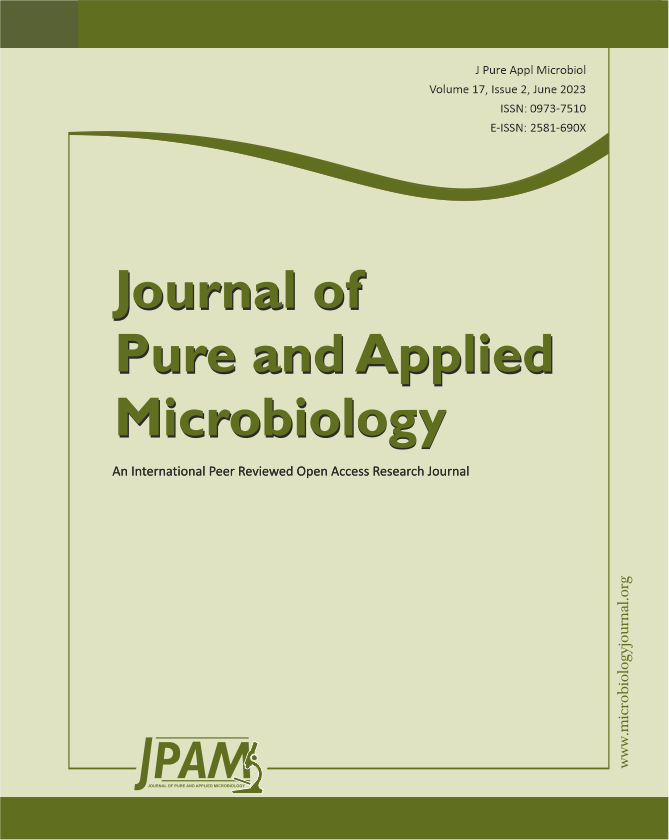Treatment with herbal drugs is considered one of the oldest and safest methods for treating various diseases. Mentha arvensis is a medicinal plant used worldwide in the pharmaceutical industry for its antibacterial, anticancer, antiallergic, and anti-inflammatory properties. In the present study, the antibacterial activity of the methanolic extract of M. arvensis leaves was tested at different concentrations (50, 100, 150, and 200 µg/ml) against bacteria isolated from human burn wound infections, including Pseudomonas aeruginosa, Klebsiella pneumoniae and Staphylococcus aureus. The results demonstrated that at concentrations of 100, 150, and 200 µg/ml, the methanolic extract exhibited strong antibacterial activity against S. aureus and P. aeruginosa, while K. pneumoniae isolates were resistant to the extract at all tested concentrations. Further, the cytotoxic activity of the methanolic extract was assessed at various concentrations (100, 140, 160, 180, 220, and 250 µg/ml) against two cell lines: the RD tumor cell line and Vero normal cell line. The higher concentrations of the extract (220 and 250 µg/ml) showed potent cytotoxic effects on the RD cell line after 72 hours in a dose- and time-dependent manner. In contrast, the extract exhibited lower cytotoxic effects on Vero cells at the same concentrations after 72 h.
Klebsiella pneumonia, Mint, Pseudomonas aeruginosa, Staphylococcus aureus, Tumor Cell Line, Vero Cells
© The Author(s) 2023. Open Access. This article is distributed under the terms of the Creative Commons Attribution 4.0 International License which permits unrestricted use, sharing, distribution, and reproduction in any medium, provided you give appropriate credit to the original author(s) and the source, provide a link to the Creative Commons license, and indicate if changes were made.


